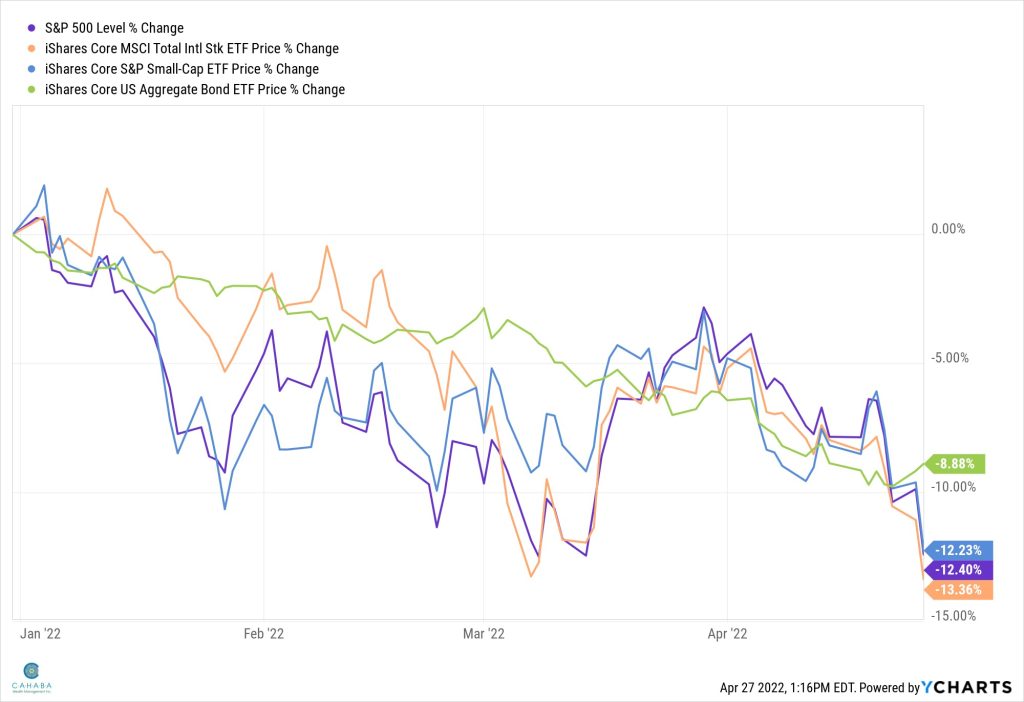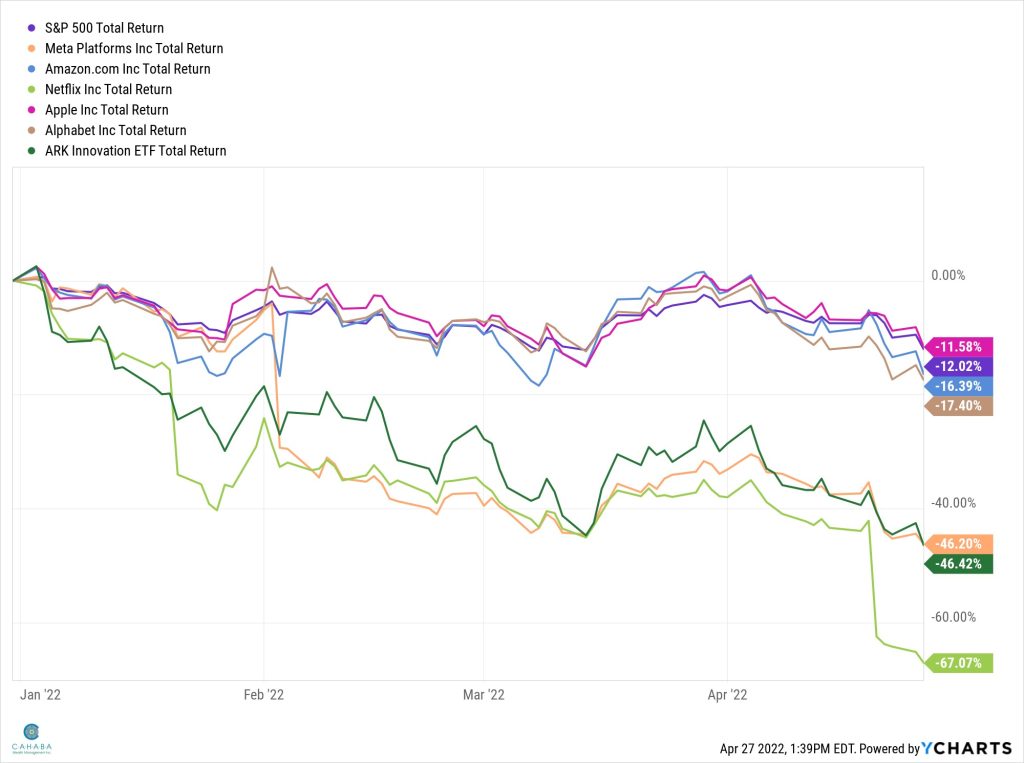8/2022
By Louis Williams, CPA, CFP®

Given the complexity of the federal tax code, “tax-free” is one of the few terms that has the potential for grabbing a client’s attention. Oftentimes when someone uses this term, it proves to be too good to be true. One exception to this rule exists when an employer offers a 401(k) plan that incorporates after-tax contributions and a Roth conversion tool. If these features are included within your plan, this is an article that you may find interesting.
The ‘back-door’ Roth IRA contribution has become a frequent topic of discussion in financial planning circles, as it provides the opportunity for high income earners to accumulate Roth assets that grow tax free. However, due to the dollar limits placed on IRA contributions, the Roth IRA may not be the most attractive vehicle to accomplish this for individuals who participate in a 401(k) plan as described above.
While company 401(k) plans have traditionally been designed around allowing pre-tax employee contributions, there has been a trend to also allow an employee to make Roth 401(k) contributions. IRS rules for the 2022 calendar year permit an employee under the age of 50 to contribute $20,500 in combined pre-tax and Roth contributions. Some employers have gone a step further and added a feature to 401(k) plans that permits ‘after-tax’ contributions. These are not Roth or traditional pre-tax 401(k) contributions, but they could be described as a hybrid of the two. While these contributions are after-tax, their earnings are treated as tax-deferred and therefore are taxable upon withdrawal. While tax-deferred growth is not a bad option, it is certainly less favorable than the tax-free Roth alternative. The real benefit offered by after-tax contributions is that they are not restricted by the $20,500 annual limit.
Further, converting after-tax contributions with a Roth conversion tool only requires paying taxes on any growth or earnings accumulated after the contribution is made. With this in mind, the conversion tool is used most effectively when after-tax contributions are converted shortly after they are deposited. This is where the opportunity for “tax-free” exists, as there is potential for significant Roth contributions in addition to those allowable up to the $20,500 limit.
Although I am sure that it is difficult for most to contain their unbridled excitement generated by this strategy that I have childishly titled the ‘Turbo Charged Back-Door Roth’, there are additional important considerations when looking toward implementation. Among these are maximizing the receipt of any company-match and an additional IRS limit that governs the total amount of money contributed to a participant’s account. As such, we recommend contacting your financial advisor to help carefully calculate an amount to dedicate to this ‘back-door’ strategy.
In summary, if your plan incorporates after-tax contributions and a Roth conversion feature, there may be opportunity for additional Roth savings. Furthermore, there may even be potential for a productive conversation at the water cooler with the calculated use of the word “tax-free”.
Louis Williams, CPA, CFP®, is a financial advisor in the Birmingham office of Cahaba Wealth Management, www.cahabawealth.com.
Cahaba Wealth Management is registered as an investment adviser with the SEC and only transacts business in states where it is properly registered, or is excluded or exempted from registration requirements. Registration as an investment adviser does not constitute an endorsement of the firm by the SEC nor does it indicate that the adviser has attained a particular level of skill or ability. Cahaba Wealth Management is not engaged in the practice of law or accounting. Always consult an attorney or tax professional regarding your specific legal or tax situation. Content should not be construed as personalized investment advice. The opinions in this materials are for general information, and not intended to provide specific investment advice or recommendations for an individual. Content should not be regarded as a complete analysis of the subjects discussed. To determine which investment(s) may be appropriate for you, consult your financial advisor.



